EDRi-gram, 29 October 2025
What has the EDRi network been up to over the past few weeks? Find out the latest digital rights news in our bi-weekly newsletter. In this edition: we're pondering digital fairness, budget cuts for the Austrian DPA and more.
Filter resources
-

EDRi-gram, 29 October 2025
What has the EDRi network been up to over the past few weeks? Find out the latest digital rights news in our bi-weekly newsletter. In this edition: we're pondering digital fairness, budget cuts for the Austrian DPA and more.
Read more
-

Czech police forced to turn off facial recognition cameras at the Prague airport thanks to the AI Act
The shutdown of the facial recognition cameras at the Václav Havel Airport in Prague came after years of criticism from EDRi member IuRe. The legitimacy of the criticism was confirmed by the Czech Office for Personal Data Protection. However, the Czech police continue to systematically violate the law in further processing of biometric data.
Read more
-

Budget cuts incapacitate Austrian DPA: NGOs complaint to the EU Commission
Despite its growing responsibilities, the Austrian Data Protection Authority continues to be impaired by budget cuts. epicenter.works and noyb are filing a complaint with the European Commission about Austria not fulfilling its obligations of sufficiently funding its data protection authority and leaving millions of Austrians to deal with consequences of limited access to the fundamental right to data protection.
Read more
-

A Privacy Nightmarе: Understanding Spyware, a new book by SHARE Foundation
SHARE Foundation’s new book ‘A Privacy Nightmare: Understanding Spyware’ examines spyware through technical, legal, and practical lenses, offering a systemic understanding of its threats and reinforcing the call for a global ban.
Read more
-

EDRi-gram, 16 October 2025
What has the EDRi network been up to over the summer? Find out the latest digital rights news in our bi-weekly newsletter. In this edition: Digital protection at stakes – and how we are fighting back.
Read more
-
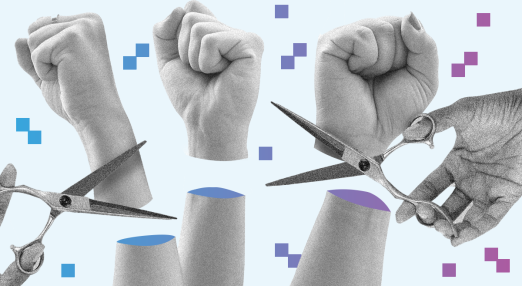
Consultation response to the European Commission’s call for evidence on the Digital Omnibus
The European Commission launched a call for evidence on the forthcoming “Digital Omnibus” initiative, which is expected to be presented around the 19 November 2025. The package is framed as an effort to “simplify” the EU’s digital policy framework, but the EDRi network warn that it risks dismantling key protections that uphold fundamental rights in the digital age.
Read more
-
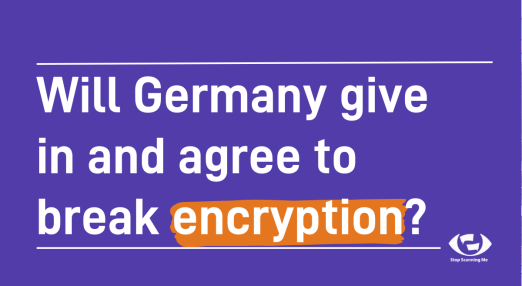
Chat Control: What is actually going on?
In summer 2025, so-called “Chat Control” became a huge topic of public attention. This is because in a major vote planned for 13 or 14 October, EU governments will decide whether to endorse or reject a mass surveillance, encryption-breaking and anonymity-ending law: the EU CSA Regulation. However, there remain many democratic checks-and-balances in the EU lawmaking system that mean we still have a strong chance to stop measures that would amount to Chat Control.
Read more
-

Open Letter: The European Commission and Member States must keep AI Act national implementation on track
EDRi, along with a broad coalition of civil society organisations, demands urgent action from the European Commission and Member States to ensure that the rights enshrined in the AI Act do not remain hollow promises, but that the Commission and Member States act decisively and immediately to ensure the timely national implementation of the AI Act now.
Read more
-

ProtectNotSurveil coalition raises alarm about EU’s Frontex expansion plans
The European Commission is set to reform Frontex’s mandate again in 2026. Frontex is the European Border and Coast Guard agency. Responding to the consultation call, the ProtectNotSurveil coalition highlights how reckless the expansion of Frontex’s surveillance capacities would be and how the Commission’s foreseen plans go in the opposite direction of what migrants and affected communities are calling for.
Read more
-
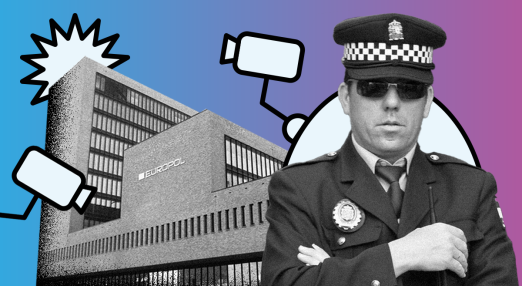
Consultation response to the European Commission’s call for evidence on a new Europol regulation
The European Commission launched a call for evidence to gather views on the reform of Europol’s mandate. Europol is the EU law enforcement cooperation agency. EDRi along with Resist Europol coalition members submitted a response to the consultation, sharing their concerns about this renewed expansion of powers, despite Europol’s numerous issues around opacity and lack of accountability.
Read more
-
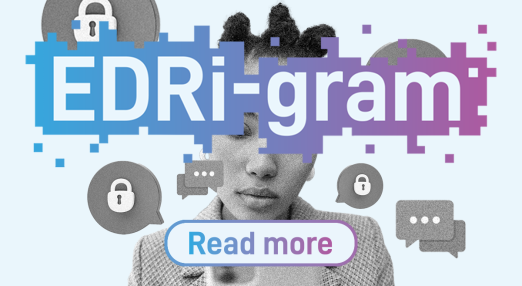
EDRi-gram, 17 September 2025
What has the EDRi network been up to over the summer? Find out the latest digital rights news in our bi-weekly newsletter. In this edition: age verification gains traction, EU’s deregulation spree risks entire digital rulebook, & more!
Read more
-
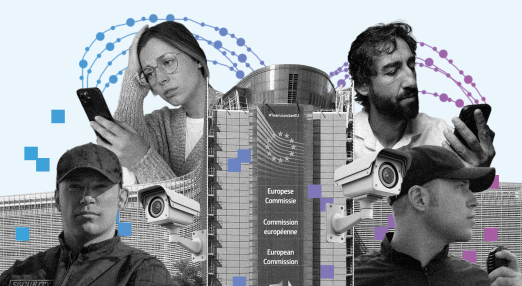
Deregulating digital rights: Why the EU’s war on ‘red tape’ should worry us all
The European Commission has made deregulation a top priority for the EU over the next four years. Under the banner of ‘simplifying’ EU rules, we risk seeing the entire digital rulebook – for which we have advocated for years – being stripped away. If the EU wants a healthy, competitive tech market that puts people at its center, then this deregulation push is not only bad for the protection of fundamental rights, but is also an act of self-sabotage which must be reversed.
Read more
